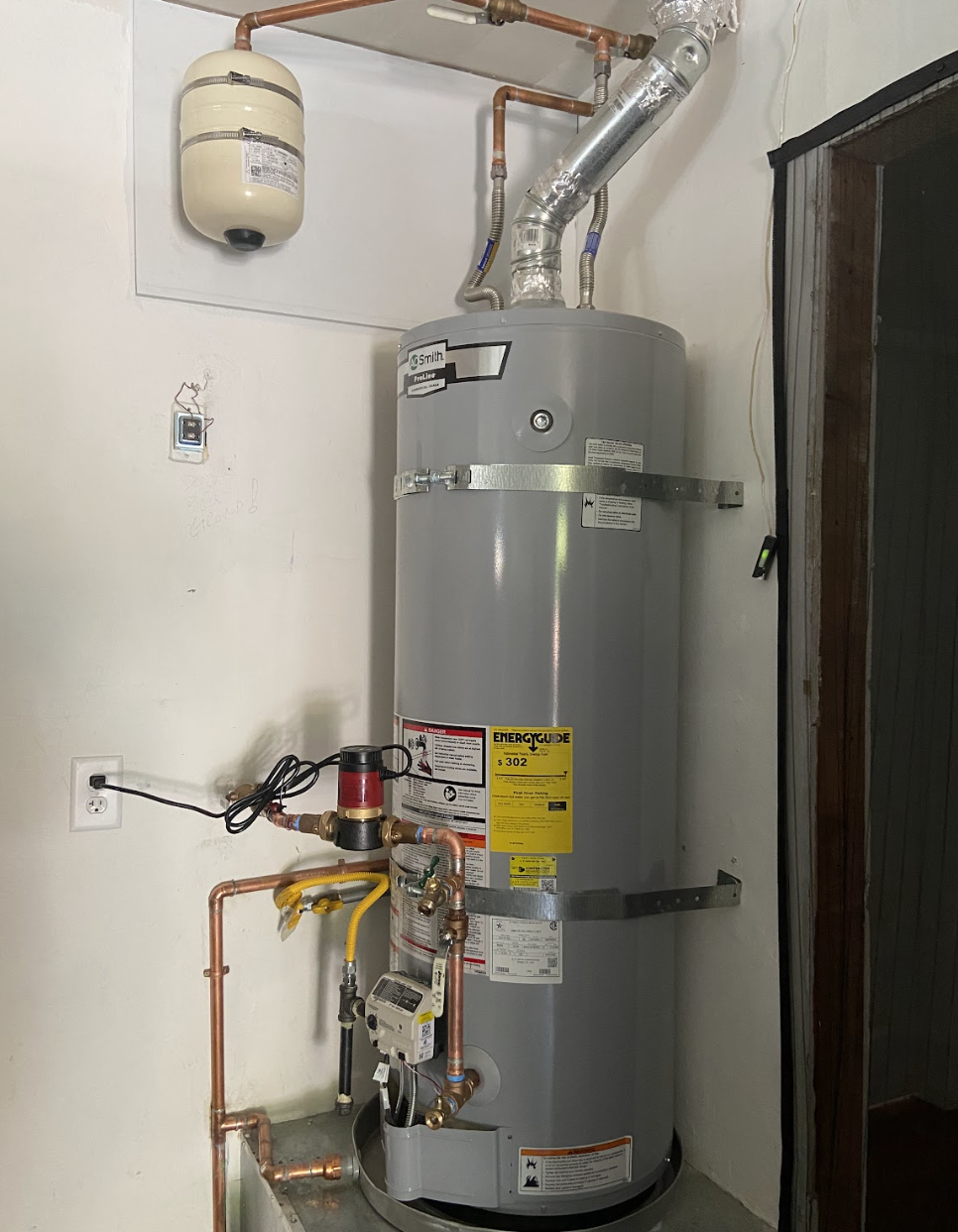For decades, tank water heaters have provided hot water for homes. However, modern and efficient alternatives are emerging. This beginner-friendly post explores why tank water heaters are becoming outdated and the new options replacing them.
Limited Hot Water Supply:
One of the most significant drawbacks of these water heaters is their limited hot water supply. These systems heat and store a finite amount of water in a tank, meaning you can run out of hot water if demand exceeds capacity. This can be particularly frustrating for larger households or during peak usage times.
Energy Inefficiency:
Traditional tank water heaters continuously heat water to maintain a set temperature, even when no hot water is being used. This constant energy consumption can lead to significant inefficiencies and higher utility bills, especially in homes with low hot water demand.
Space Requirements:
Tank heaters require a significant amount of space for installation, often occupying a closet, garage, or utility room. In smaller homes or apartments with limited square footage, this can be a drawback, as valuable space is taken up by the bulky tank.
Shorter Lifespan:
On average, tank water heaters have a lifespan of 10-15 years, after which they may begin to deteriorate and become less efficient. Regular maintenance and occasional repairs can prolong their lifespan, but eventual replacement is inevitable, adding to the long-term costs of ownership.
Emerging Alternatives:
Newer and more efficient alternatives to tank water heaters have emerged. Tankless water heaters heat water on demand, eliminating standby heat loss and providing endless hot water. Heat pump water heaters use ambient air temperature to heat water, offering significant energy savings over traditional tank heaters.
Energy Efficiency Incentives:
With a growing emphasis on energy conservation and sustainability, many homeowners are turning to more energy-efficient water heating options. Tankless and heat pump water heaters often qualify for energy efficiency incentives and rebates from utilities and government agencies, further offsetting the upfront cost of installation.
Conclusion:
While tank water heaters have been reliable, their limitations in hot water supply, energy efficiency, and space are driving a shift to modern alternatives. Tankless and heat pump water heaters offer greater efficiency, longer lifespans, and a smaller environmental footprint. Considering these drawbacks and exploring new options helps homeowners meet their hot water needs efficiently and sustainably.


Add Comment